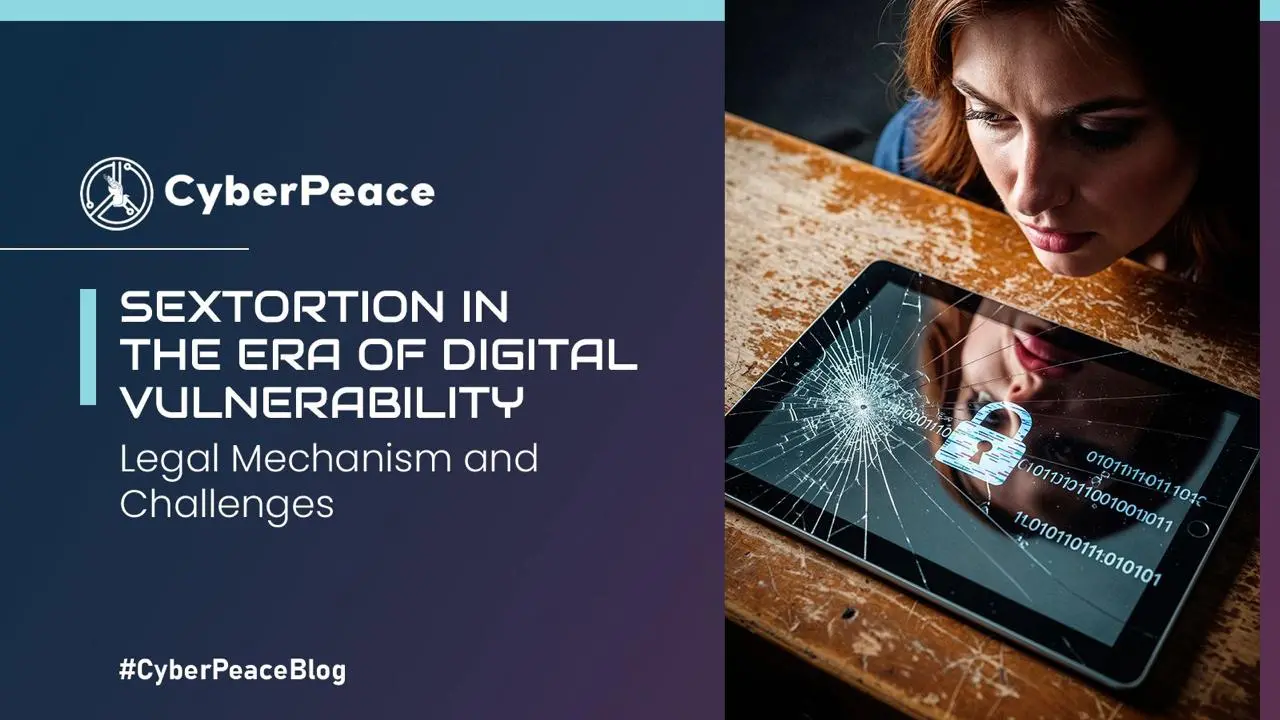Domestic UPI Frauds: Finance Ministry Presented Data in LokSabha
Introduction
According to the Finance Ministry's data, the incidence of domestic Unified Payment Interface (UPI) fraud rose by 85% in FY 2023-24 compared to FY 2022-23. Further, as of September of FY 2024-25, 6.32 lakh fraud cases had been already reported, amounting to Rs 485 crore. The data was shared on 25th November 2024, by the Finance Ministry in response to a question in Lok Sabha’s winter session about the fraud in UPI transactions during the past three fiscal years.
Statistics

UPI Frauds and Government's Countermeasures
On the query as to measures taken by the government for safe and secure UPI transactions and prevention of fraud in the transactions, the ministry has highlighted the measures as follows:
- The Reserve Bank of India (RBI) has launched the Central Payment Fraud Information Registry (CPFIR), a web-based tool for reporting payment-related frauds, operational since March 2020, and it requires requiring all Regulated Entities (RE) to report payment-related frauds to the said CPFIR.
- The Government, RBI, and National Payments Corporation of India (NPCI) have implemented various measures to prevent payment-related frauds, including UPI transaction frauds. These include device binding, two-factor authentication through PIN, daily transaction limits, and limits on use cases.
- Further, NPCI offers a fraud monitoring solution for banks, enabling them to alert and decline transactions using AI/ML models. RBI and banks are also promoting awareness through SMS, radio, and publicity on 'cyber-crime prevention'.
- The Ministry of Home Affairs has launched a National Cybercrime Reporting Portal (NCRP) (www.cybercrime.gov.in) and a National Cybercrime Helpline Number 1930 to help citizens report cyber incidents, including financial fraud. Customers can also report fraud on the official websites of their bank or bank branches.
- The Department of Telecommunications has introduced the Digital Intelligence Platform (DIP) and 'Chakshu' facility on the Sanchar Saathi portal, enabling citizens to report suspected fraud messages via call, SMS, or WhatsApp.
Conclusion
UPI is India's most popular digital payment method. As of June 2024, there are around 350 million active users of the UPI in India. The Indian Cyber Crime Coordination Centre (I4C) report indicates that ‘Online Financial Fraud’, a cyber crime category under NCRP, is the most prevalent among others. The rise of financial fraud, particularly UPI fraud is cause for alarm, the scammers use sophisticated strategies to deceive victims. It is high time for netizens to exercise caution and care with their personal and financial information, stay aware of common tactics used by fraudsters, and adhere to best security practices for secure transactions and the safe use of UPI services.
References










.webp)
